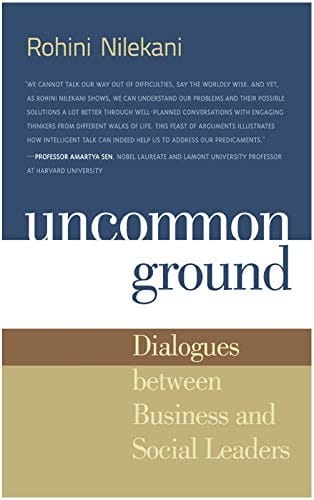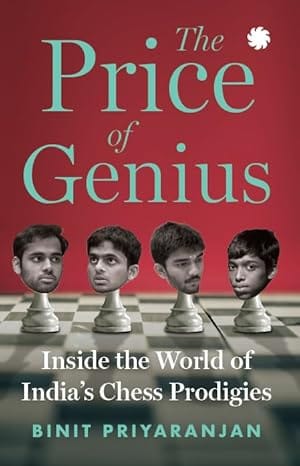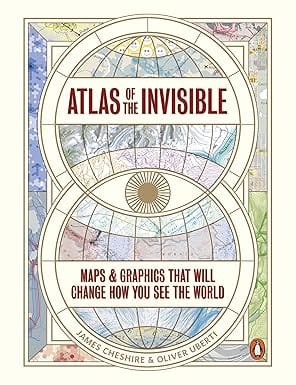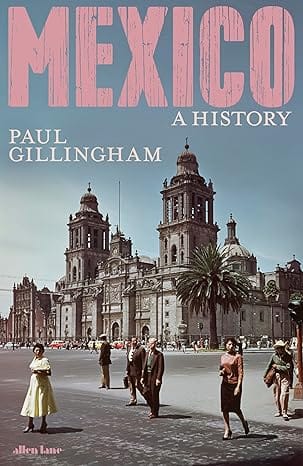- Non-ficton
- Non-ficton
- Contemporary Fiction
- Contemporary Fiction
- Children
- Children
- Comics & Graphic Novels
- Comics & Graphic Novels
- Non-Fiction
- Non-Fiction
- Fiction
- Fiction
Uncommon Ground brings together titans of industry and leaders of civil society to explore eight themes that are highly relevant for our future development. Based on Rohini Nilekani's 2008 show on NDTV, the conversations explore the middle ground between the ideological divisions that often polarize the business and voluntary sectors.
Why, despite two decades of liberalization, does economic prosperity with social inclusion remain a distant goal? Sustained GDP growth has led to the dramatic improvement in the quality of life for many. Yet millions remain untouched and are being pushed back further because of their shrinking access to the natural resources on which they now depend and because access to alternative opportunities have been denied to them.
In course of these rare dialogues between leaders who have sometimes been adversaries, a number of common concerns emerge. Among others, Anand Mahindra and Medha Patkar discuss land acquisition and use; Mukesh Ambani and R.K. Pachauri debate decentralized energy options; Sunil Mittal and Aruna Roy imagine an Indian model to enhance the employability of our labour force and Yogi Deveshwar and Sunita Narain explore how industry can become more environmentally sustainable.
The author, uniquely placed to moderate these discussions as she traverses both sides herself, demonstrates that the relationship between business, society and state need not be necessarily confrontational. In all areas -food, energy and the environment, jobs and livelihoods, transportation and mobility, poverty and financial inclusion, natural resources and economic sustainability, land use and displacement -NGOs and business can play an enabling role together with the state.
Rich in insights, Uncommon Ground highlights the critical importance of dialogue in our democracy to create a shared vision of the future. It is a significant contribution to the ongoing debate on development and equitable growth in India.
9780670085620- Home
- Non-Fiction
- Uncommon Ground
Uncommon Ground
SIZE GUIDE
- ISBN: 9780670085620
- Author: Rohini Nilekani
- Publisher: Penguin
- Pages: 280
- Format: Hardback
Book Description
Uncommon Ground brings together titans of industry and leaders of civil society to explore eight themes that are highly relevant for our future development. Based on Rohini Nilekani's 2008 show on NDTV, the conversations explore the middle ground between the ideological divisions that often polarize the business and voluntary sectors.
Why, despite two decades of liberalization, does economic prosperity with social inclusion remain a distant goal? Sustained GDP growth has led to the dramatic improvement in the quality of life for many. Yet millions remain untouched and are being pushed back further because of their shrinking access to the natural resources on which they now depend and because access to alternative opportunities have been denied to them.
In course of these rare dialogues between leaders who have sometimes been adversaries, a number of common concerns emerge. Among others, Anand Mahindra and Medha Patkar discuss land acquisition and use; Mukesh Ambani and R.K. Pachauri debate decentralized energy options; Sunil Mittal and Aruna Roy imagine an Indian model to enhance the employability of our labour force and Yogi Deveshwar and Sunita Narain explore how industry can become more environmentally sustainable.
The author, uniquely placed to moderate these discussions as she traverses both sides herself, demonstrates that the relationship between business, society and state need not be necessarily confrontational. In all areas -food, energy and the environment, jobs and livelihoods, transportation and mobility, poverty and financial inclusion, natural resources and economic sustainability, land use and displacement -NGOs and business can play an enabling role together with the state.
Rich in insights, Uncommon Ground highlights the critical importance of dialogue in our democracy to create a shared vision of the future. It is a significant contribution to the ongoing debate on development and equitable growth in India.
User reviews
NEWSLETTER
Subscribe to get Email Updates!
Thanks for subscribing.
Your response has been recorded.

India's Iconic & Independent Book Store offering a vast selection of books across a variety of genres Since 1978.
"We Believe In The Power of Books" Our mission is to make books accessible to everyone, and to cultivate a culture of reading and learning. We strive to provide a wide range of books, from classic literature, sci-fi and fantasy, to graphic novels, biographies and self-help books, so that everyone can find something to read.
Whether you’re looking for your next great read, a gift for someone special, or just browsing, Midland is here to make your book-buying experience easy and enjoyable.
We are shipping pan India and across the world.
For Bulk Order / Corporate Gifting
 +91 9818282497 |
+91 9818282497 |  [email protected]
[email protected]
Click To Know More
INFORMATION
QUICK LINKS
ADDRESS
Shop No.20, Aurobindo Palace Market, Near Church, New Delhi














